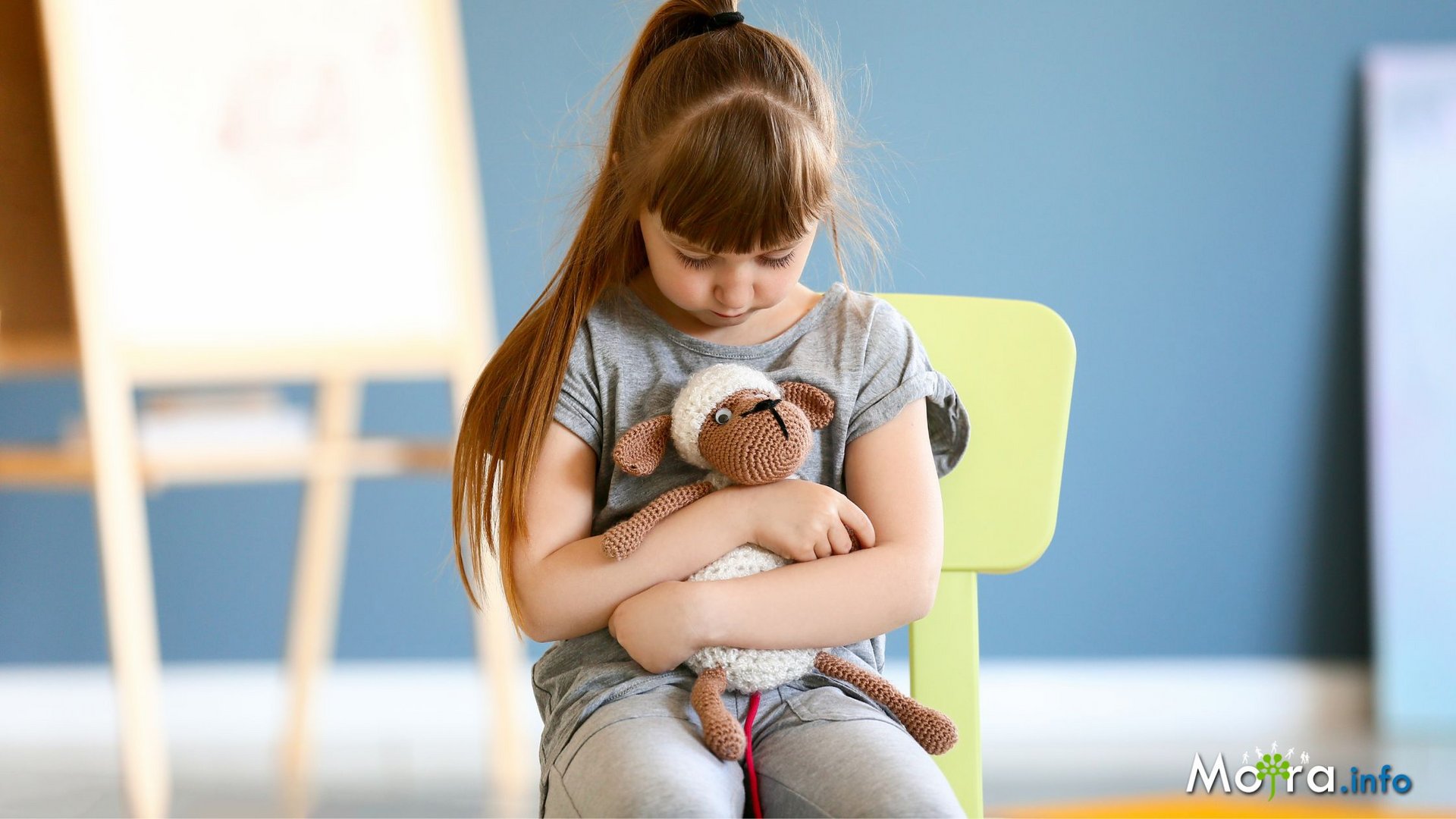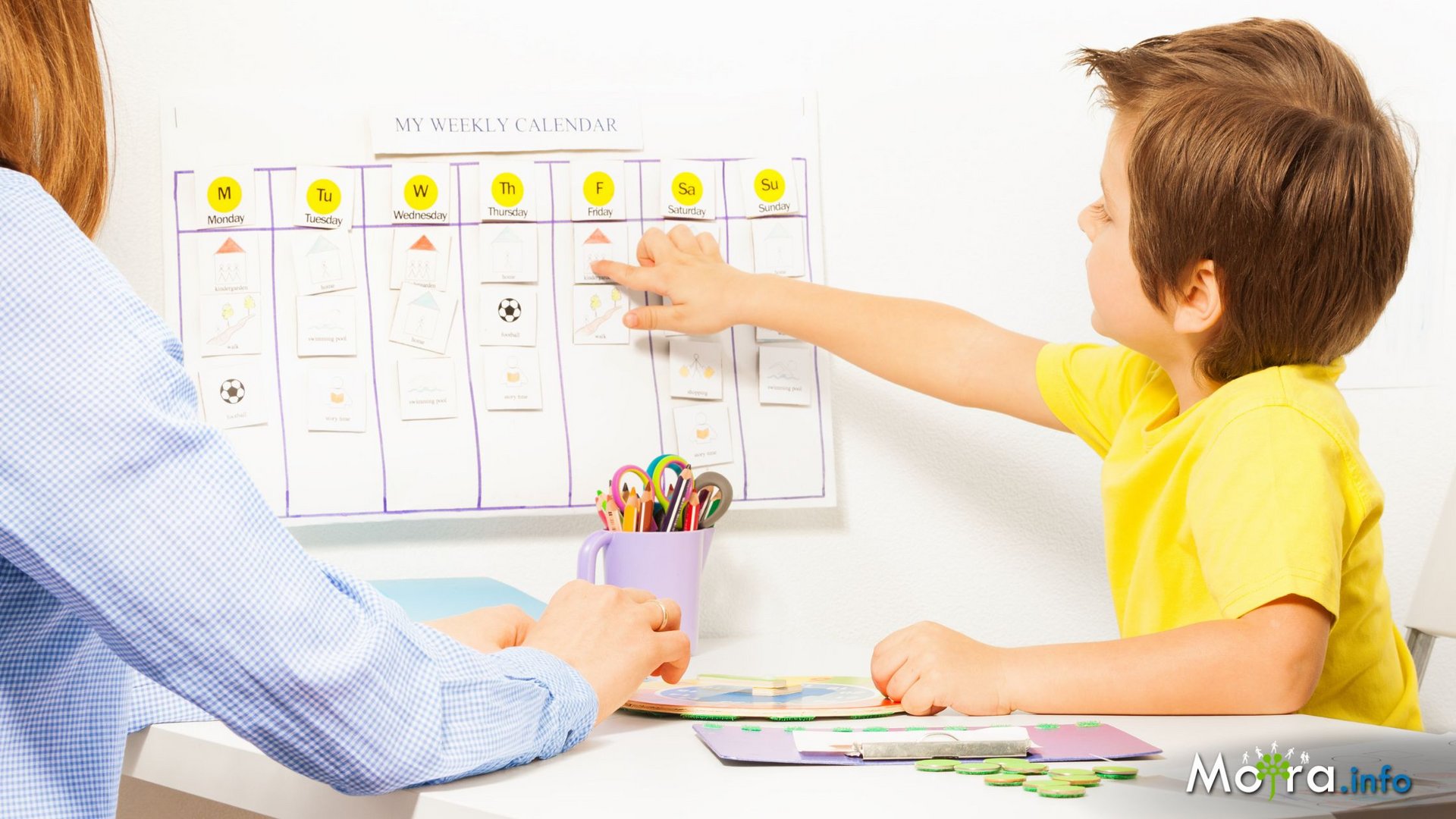You know how
mental disorders can manifest in children? It's a wide spectrum of conditions
that can significantly affect not only a child's behavior and emotional state
but also their overall development. Recognizing these disorders early and
responding appropriately is key to ensuring the best possible care and support.
Studies show
that up to 50% of mental illnesses can be diagnosed in early childhood.
Parents
should be attentive to warning signs, such as extreme mood swings, social
isolation, sleep problems, visible signs of anxiety, or unexplained physical
symptoms. Recognizing a mental disorder early can lead to effective treatment
and a noticeable improvement in the child's quality of life.
Defining the term "mental disorder"
The term
"mental disorder" can sometimes be confusing. In the context of
children and adolescents, mental disorders are defined as sets of symptoms
associated with significant inner distress, dysfunction, or risk of impairment
of social functions. These disorders include depressive disorders, anxiety
disorders, behavioral disorders, and ADHD.
Individual
categories of mental disorders are characterized by specific manifestations and
behaviors that often occur together, creating an overall clinical picture.
Therefore, diagnosing a mental disorder requires specialized knowledge and
approach, and it is important for parents to seek professional help.
Differences between mental disorders in children and adults
Mental
disorders in children have their specificities. Children are not "little
adults," and their mental health differs significantly from that of
adults. The manifestations of mental disorders in children may seem less
obvious than in adults or may develop in unexpected ways. Symptoms change with
age and are often associated with developmental stages.
One of the
key differences is how children communicate their feelings. While adults may
describe their thoughts and feelings in detail, children often express distress
indirectly, such as through disobedience or changes in school performance. This
requires attention and the ability of parents and professionals to interpret
these signals correctly.
Mental disorders in children are often associated with a genetic predisposition, meaning that attention should also be paid to the mental health of other family members.
5 warning signs not to overlook
1. Extreme mood and emotional changes:
One of the
most common warning signs of a mental disorder in children is extreme mood and
emotional changes. Transitions from joy to sadness that are more intense than
usual can be the first hint of a problem. If a child is usually cheerful and
suddenly becomes irritable, it's cause for concern. This type of change may
signal a range of disorders, including depressive disorder or even bipolar
affective disorder.
2. Changes in behavior and social
isolation:
Another
warning sign is changes in a child's behavior. One of the first signs that our
child's mental health may not be okay is a loss of interest in previously
enjoyed activities, withdrawal, and avoidance of social contacts with friends
and family. These changes can be a warning sign of a mental disorder, such as
anxiety or depression.
3. Sleep or eating problems:
Changes in
sleep or eating habits are also alarming signs. A child may have trouble
falling asleep or, conversely, sleep more than usual. Changes in appetite,
whether it's loss of appetite or uncontrollable cravings, are also important
signals.
Parenting Tip:
- Monitor
and record your child's sleep and eating patterns.
- Talk
to your child about how they're feeling and if they have any concerns.
- If
they exhibit troubling changes, consult with a pediatrician.
4. Obvious anxious or depressive
states:
Depressive
and anxiety disorders are increasingly common in children. Up to 20% of
children may experience anxiety or depression during development. Symptoms of
anxiety include worries, trembling, and palpitations. Depression manifests as
sadness, loss of interest, and changes in appetite. These conditions affect
learning and social activities.
Parenting Tip:
- Observe
and talk to children about their feelings.
- Notice
any unusual changes in the child's behavior.
- Seek
help if you have any doubts.
5. Unexplained physical symptoms:
Sudden or
unexplained physical symptoms can also indicate mental health problems.
Repeated headaches or stomach aches may be signs of psychosomatic disorders.
It's important to take these signals seriously and consult with a specialist.
Manifestations of psychological
stress:
- Headaches
- Stomachaches
- Vomiting
- Breathing
difficulties
The
Influence of Untreated Mental Disorders on Child Development
Undiagnosed
and untreated mental disorders can cause significant difficulties for children.
For instance, children with unresolved emotional issues often exhibit poorer
academic performance. They may also feel sad or lonely as it's challenging for
them to make friends, resulting in low self-esteem. Without timely
intervention, these children may face more severe mental health issues in
adulthood.
How quickly we react as parents can
change our children's future. With the help of professionals and family
support, we can ensure that children receive the care they need, thereby
improving their chances for a better life.
Can
we Prevent Mental Problems in Children?
There are
numerous ways we can try to prevent mental problems in children. Early
diagnosis is a key factor. Families and schools should support and encourage
children. Teachers and parents should learn to recognize warning signs. Then,
we can seek help from professionals, therapy, and, in some cases, medication.
Teaching
children how to care for their mental health, solve problems, and cope with
stress is beneficial. Various preventive programs that help children develop
social skills and confidence are also valuable.
Parent Tip:
·
Watch
for warning signs.
·
Seek
professional help when in doubt.
·
Support
your child at home and at school.
·
Teach
children how to manage stress and emotions.
The
Family's Influence on a Child's Mental Development
Strong and
supportive family relationships are crucial for children's mental well-being.
Research shows that children raised in harmonious homes are more resilient to
stress. On the other hand, a toxic environment can lead to harmful effects on a
child's psyche, often resulting in depression and anxiety.
Improving family relationships may not
be easy, but it's essential. Family therapy and open communication can help.
Parent Tip:
·
Spend
quality time together.
·
Communicate
openly.
·
Avoid
household conflicts.
How
Can Parents Support Their Children's Mental Health?
It's
essential to be there for children, listen to them, and understand their needs.
Children who feel loved are internally strong.
- Teach
children how to cope with stress.
- Be
their emotional support.
- Encourage
their independence.
When
is it Time to Seek Professional Help?
One of the
key moments is when symptoms of a mental disorder not only persist but are
severe enough to affect a child's daily functioning. It's crucial to
distinguish between typical developmental stages, such as minor anxieties or
mood changes, and situations that require professional attention.
Signs such as
significant changes in behavior, emotional states hindering a child's normal
functioning, or expressions of self-harm thoughts are clear warning signals
that help should be sought. It's important for parents not to hesitate in
seeking professional help, preferably from a psychologist or psychiatrist.
Diagnosis
and Treatment Process
Diagnosis
begins with conversations with both parents and the child, followed by tests.
Establishing a diagnosis relies on a wide range of information, including
family history and test results. Subsequently, an appropriate treatment plan is
proposed, which may involve a combination of medication and therapy.
Treatment is
a process; a child doesn't change overnight. Patience and regular monitoring by
a professional are crucial.
Play Therapy
Play therapy
is an effective way to help children with mental disorders. This approach
utilizes play as the primary therapeutic tool, allowing children to express
their feelings and thoughts without the need for verbal confrontation. It may
involve drawing, modeling, or musical activities, naturally fostering
children's creativity and emotional expression.
Research shows that play therapy can significantly benefit children with mental disorders. One study noted that after six months of regular therapeutic sessions, 78% of children showed progress in emotional regulation and a reduction in anxiety and depressive symptoms. This approach also promotes the development of social skills and self-reflection.































Enter your comment.